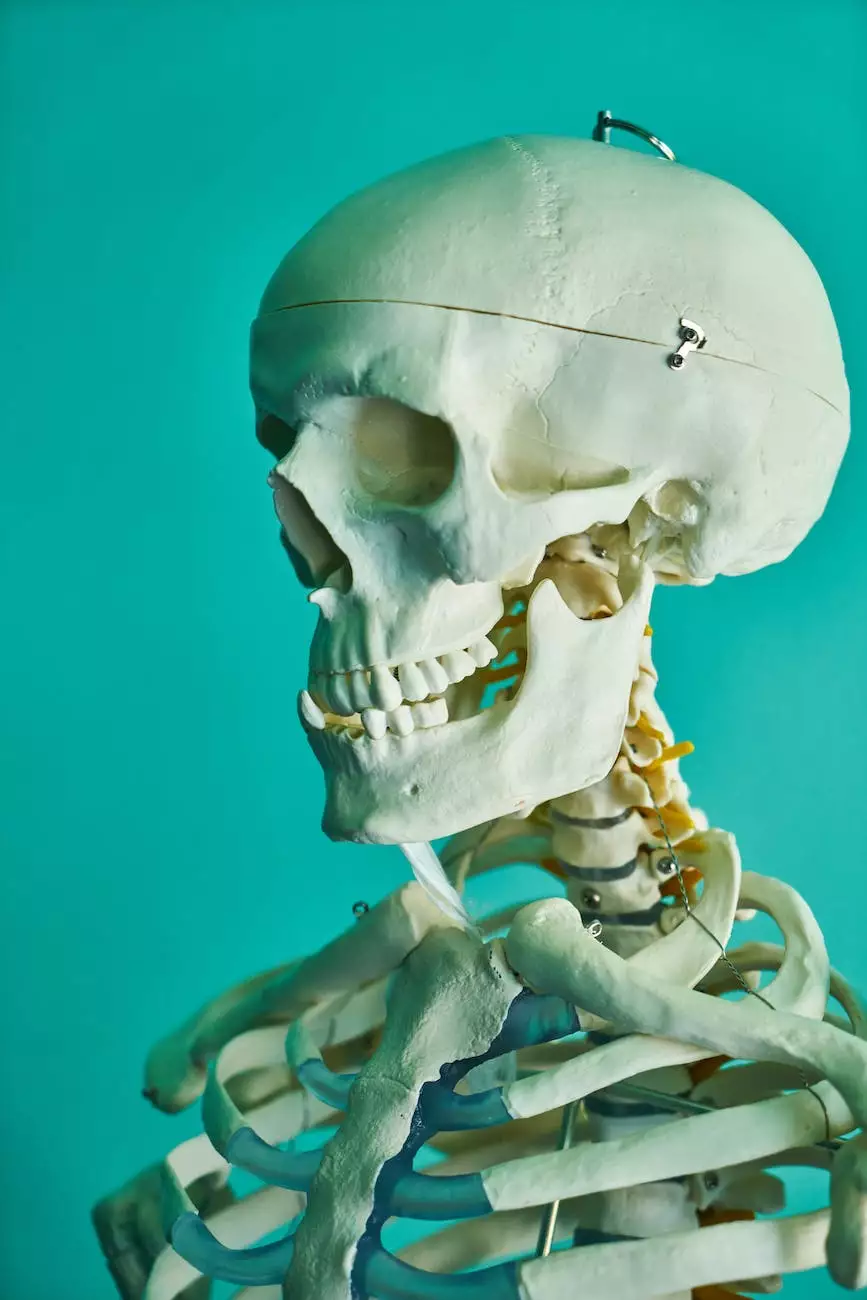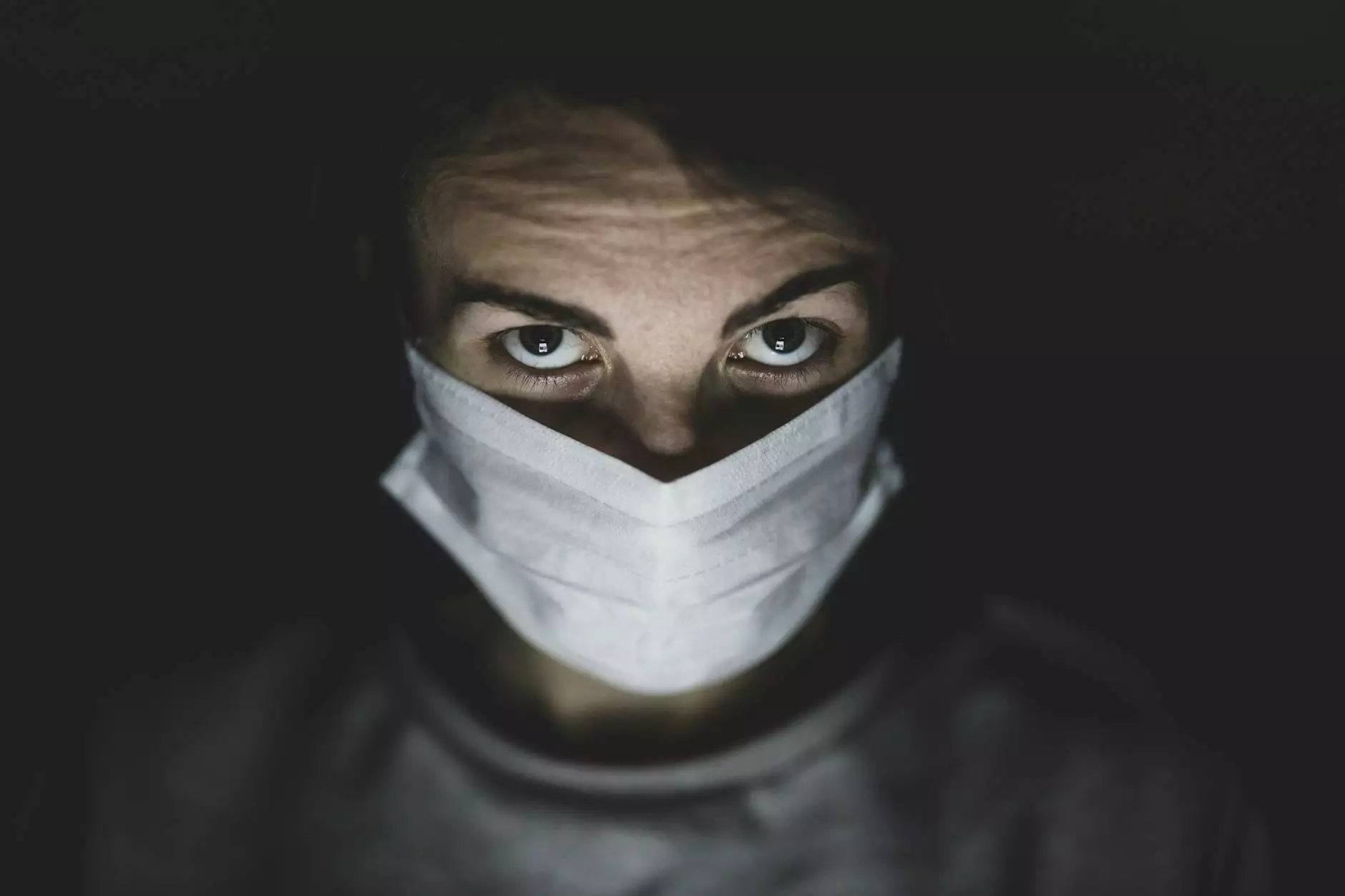Cheek Rash
Services
An Overview of Cheek Rash
A cheek rash is a common condition that affects individuals of all ages. It can manifest as redness, bumps, flakiness, or itchiness on one or both cheeks. While it is typically not a serious medical concern, it can cause discomfort and affect an individual's self-confidence.
Causes of Cheek Rash
There are several possible causes for cheek rash:
- Allergic reactions: Allergies to certain foods, medications, or environmental factors can trigger a cheek rash.
- Eczema: Atopic dermatitis, a common form of eczema, can cause a red, itchy rash on the cheeks.
- Rosacea: This chronic skin condition often leads to facial redness, including the cheeks.
- Infections: Bacterial, viral, or fungal infections can result in a rash on the cheeks.
- Environmental factors: Exposure to cold weather, wind, or excessive sun can irritate the skin and lead to a rash.
- Autoimmune disorders: Conditions like lupus or psoriasis can cause a rash on various parts of the body, including the cheeks.
Symptoms and Diagnosis
Common symptoms of cheek rash may include:
- Redness and inflammation
- Itching or burning sensation
- Bumps or blisters
- Flaky or dry skin
- Pain or discomfort
If you are experiencing any of these symptoms, it is important to consult with a dermatologist or a healthcare professional specialized in skin, hair, and nail care like Benjamin Shettell, MD.
Treatment Options
The treatment approach for cheek rash depends on its underlying cause. During your consultation with Benjamin Shettell, MD, he will perform a thorough evaluation of your condition and create a personalized treatment plan. Some common treatment options for cheek rash include:
- Topical creams or ointments: Medications applied directly to the skin can help reduce inflammation and alleviate symptoms.
- Antihistamines: If the rash is caused by an allergic reaction, antihistamines may be prescribed to relieve itching and redness.
- Steroids: In severe cases, corticosteroids may be prescribed to reduce inflammation.
- Moisturizers: Keeping the skin hydrated can help soothe and prevent further irritation.
- Identifying triggers and making lifestyle changes: It is important to identify and avoid triggers, such as certain foods or environmental factors, to prevent flare-ups.
Preventing Cheek Rash
While it may not always be possible to prevent cheek rash entirely, there are steps you can take to minimize the risk:
- Maintain a routine skincare regime, including gentle cleansing and moisturizing.
- Avoid exposure to extreme temperatures and protect your skin from excessive sun exposure.
- Identify and avoid triggers that may cause an allergic reaction or irritation.
- Consider using hypoallergenic cosmetics and skincare products.
Consultation with Benjamin Shettell, MD
If you are experiencing a cheek rash or any other skin, hair, or nail concerns, Benjamin Shettell, MD is here to help. As a leading dermatologist specializing in skin health, he provides comprehensive evaluations and personalized treatment plans to ensure optimal results.
Schedule a consultation with Benjamin Shettell, MD today to address your cheek rash and regain the health and appearance of your skin.










